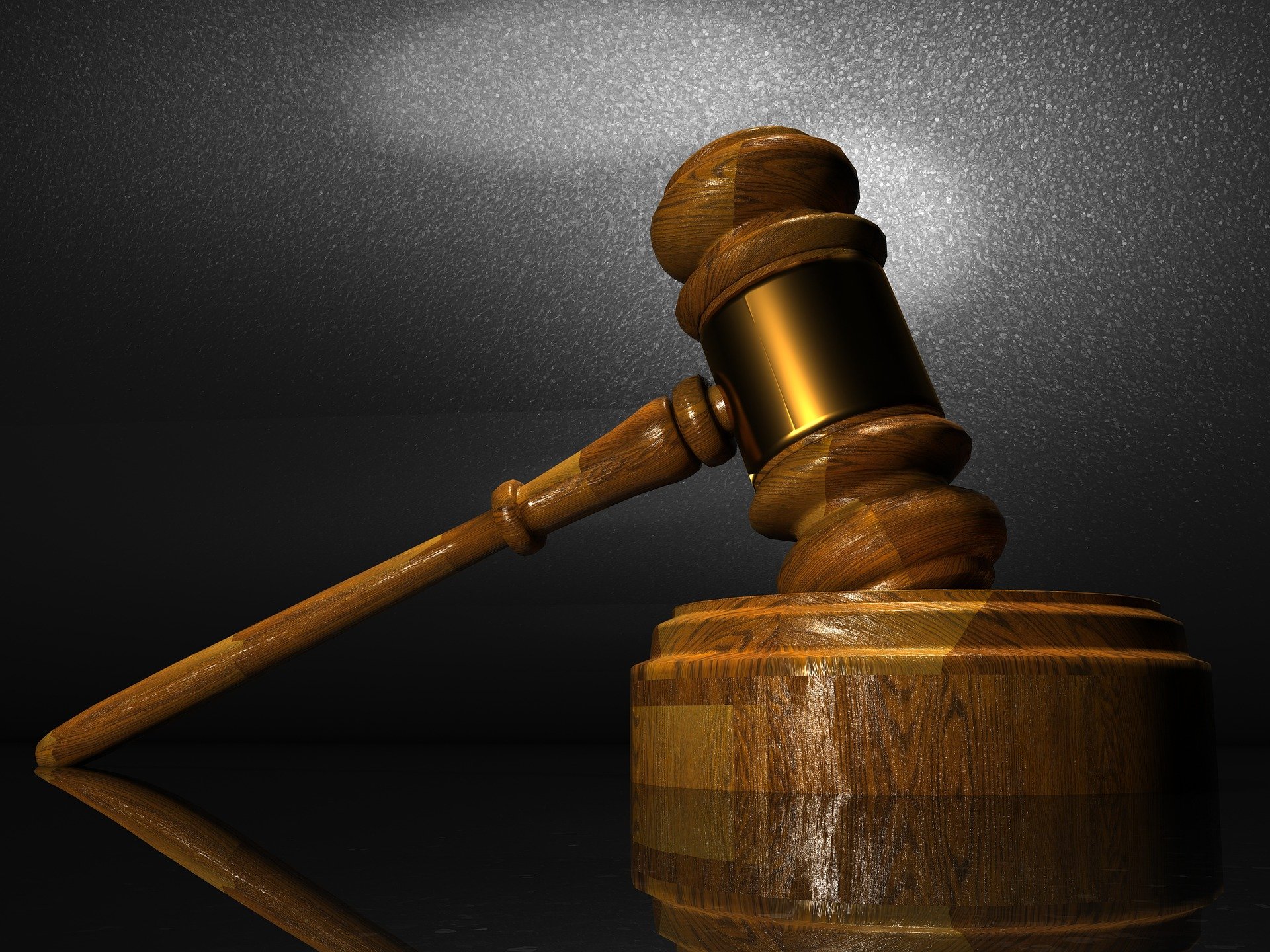Suppose litigation was like every drama on TV where someone shouts, “I’ll see you in court!”. It would be quite a glamorous side to law. Truth be told, much like every other aspect of dispute resolution, it can be a tedious and time-consuming process. Litigation itself is something of a fine art. It requires both sides of a claim to work together and balance each other to work successfully.
Here in the UK, we’re very lucky to have various litigation options at our disposal, with most instances trying their best to avoid a court case or trial. Anytime someone receives notice that there is a claim against them, or making a claim, it is natural to get nervous and a little flustered, especially when it involves a business you may run or be responsible for.
Without having to step into a lawyer’s office, what should someone experiencing litigation or some form of dispute know, regardless of which side they are on? And what should everyone know about litigation that isn’t told in glamorous court dramas? Here is a brief overview of what everyone should be aware of and why litigation isn’t something to get worked up about.
Knowing why litigation starts
“I don’t like what you did and want it sorted out.”
If I were writing a dictionary definition for litigation, I’d forego a proper definition and pop this quote in. All litigation is some form of dispute. It can happen when one party lodges a Letter of Claim against someone else. It has to be done this way; otherwise, it is seen as not going through the correct channels and process.
Knowing what to do when making a claim
So what is this process? It typically follows these steps:
- Letter of Claim
- Letter of Response
- Letter of Settlement
Yes, a lot goes in between those key stages, but that is the basic format for litigation and resolving a dispute. When neither party can agree, then everyone moves towards court proceedings, which usually go as follows:
- Case and evidence
- Trial
- Judgement
Now a settlement can be reached at any part of this, and the claim is settled, but it is important to know the steps and how they can affect your chances.
Knowing what either party should be doing
As soon there is even a sniff of litigation in the air, it helps to be proactive and get affairs in order. Whether you’re about to issue a claim on someone or be on the receiving end, here are three essentials actions to undertake:
- Have a crisis management team so you can ensure all issues are looked after appropriately, especially if you have to work to scale.
- Start keeping records before you even think of corresponding. Record keeping will help map the timeline for any disputes. If you have a clear line of communication record, you can preserve a detailed narrative.
- Start consultation with a lawyer as early as possible. Doing so can help you protect legal privilege and avoid the risk of important information being disclosed.
Follow these steps, and you’ll have the right foundation for claiming or defending yourself. Don’t follow them, and you are setting yourself up for easy mistakes if your claim goes to court/trial.
Knowing when you can avoid court entirely
It can feel like a game of bluff at times. Still, if both parties agree to a settlement at any point during litigation, everyone (hopefully) walks away happy. In the UK, there has been an uptick in litigators opting for Alternative Dispute Resolution (ADR) where possible (when you hear of mediation, this is usually what is being referred to). Funnily enough, anyone seeking a claim would typically be advised by their lawyers to have some reference to ADR in their initial claim, e.g. they may ask for mediation or adjudication (common in construction) in the original claim form.
For more advice on ADR, I recommend reading this useful information (available as a PDF) from Brodies LLP. ADR can prove to be advantageous for both sides, saving time, money & resources.
Knowing that litigation will bring finality
ADR disputes can go back and forth, like watching someone play table tennis. While you won’t often hear someone say that litigation going to court is to everyone’s advantage, if something does go to trial, it will bring one benefit for all parties: a definitive result.
Whatever the judge decides is set in stone and has to happen. While an ADR can happen at any time, if the trial happens and a judge makes a decision, there’s no going back. The guilty party may be able to claim, although that is another story for another day.
In a very concise fashion, that pretty much sums up how litigation works in the UK and how every side can proactively work to ensure everything goes smoothly.



 Bitcoin
Bitcoin  Ethereum
Ethereum  Tether
Tether  XRP
XRP  Solana
Solana  USDC
USDC  TRON
TRON  Lido Staked Ether
Lido Staked Ether  Cardano
Cardano  Avalanche
Avalanche  Toncoin
Toncoin